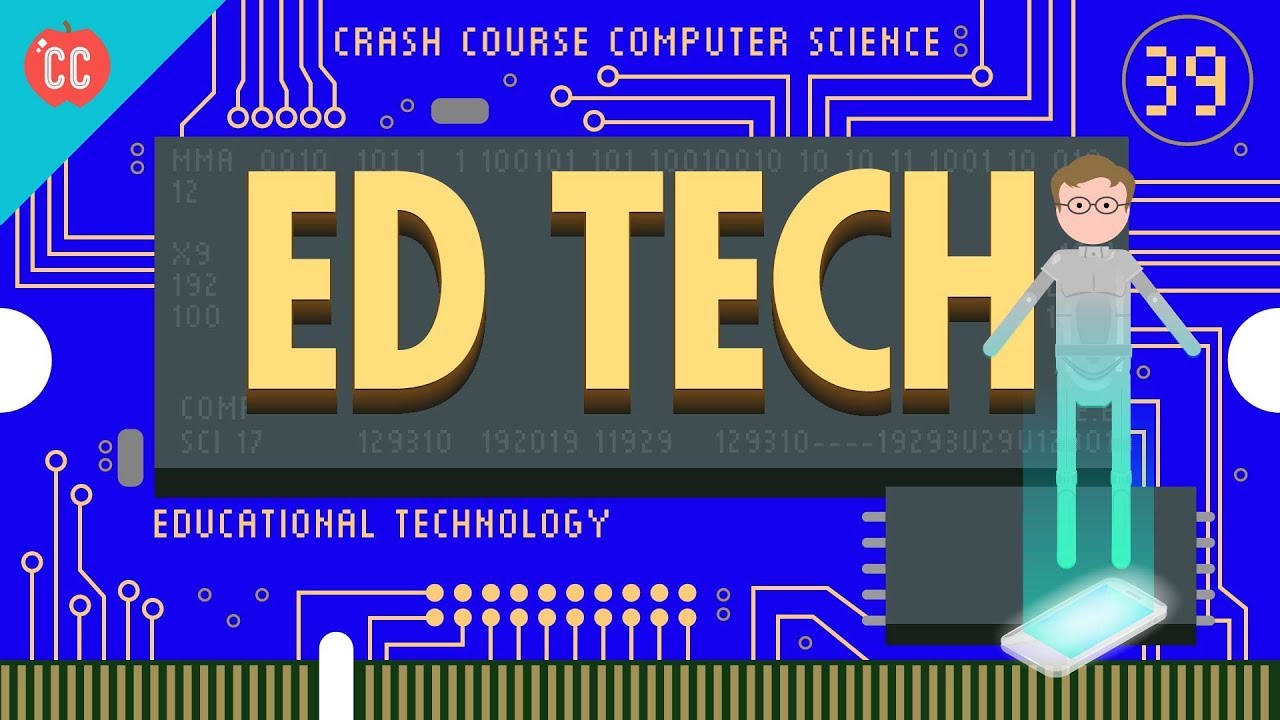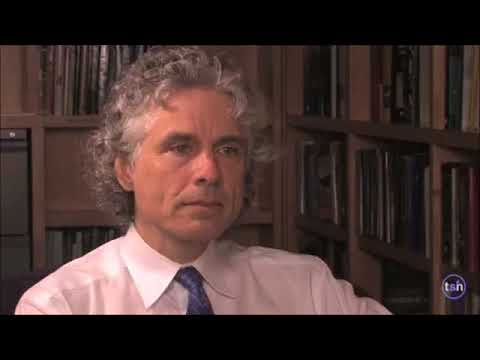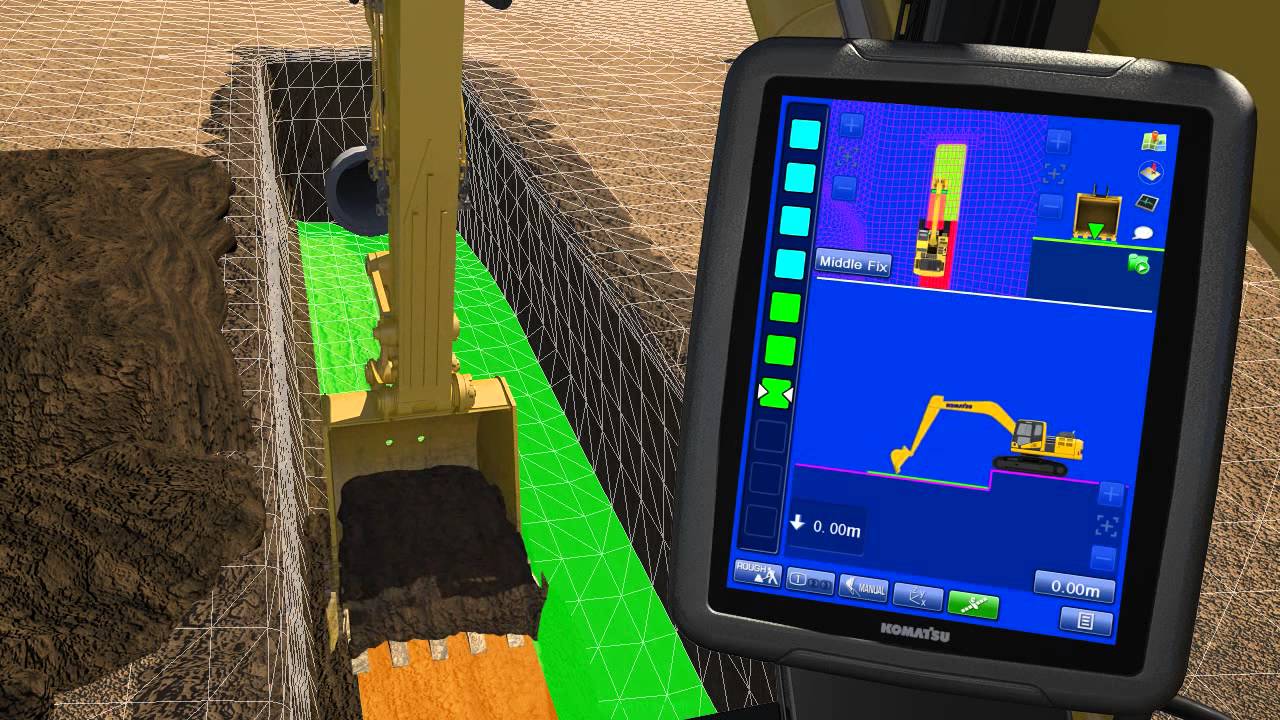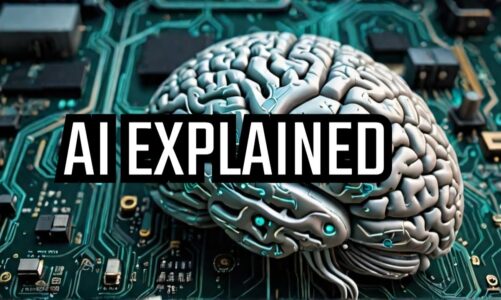CrashCourse
Today we’re going to go a little meta and talk about how computer science can support learning with educational technology. We here at Crash Course are big fans of interactive in-class learning and hands-on experiences, but we also believe in the additive power of educational technology inside and outside the classroom from the Internet itself and Massive Open Online Courses, or MOOCs to AI driven intelligent tutoring systems and virtual reality.
Produced in collaboration with PBS Digital Studios: http://youtube.com/pbsdigitalstudios
Want to know more about Carrie Anne?
https://about.me/carrieannephilbin
The Latest from PBS Digital Studios: https://www.youtube.com/playlist?list=PL1mtdjDVOoOqJzeaJAV15Tq0tZ1vKj7ZV
Want to find Crash Course elsewhere on the internet?
Facebook – https://www.facebook.com/YouTubeCrash…
Twitter – http://www.twitter.com/TheCrashCourse
Tumblr – http://thecrashcourse.tumblr.com
Support Crash Course on Patreon: http://patreon.com/crashcourse
CC Kids: http://www.youtube.com/crashcoursekids
Source




The only complaint I have with this entire series is that the tips in this EdTech episode for writing notes and following examples yourself would have been really useful earlier on!
Does anyone know of any education software like the one described in this video, that would be online and free?
That's just pretentious. I listen to Despacito to learn Spanish..
Despacito… nanananaaaa na na nana
carrie i have learned a lot from you… just love and thanx. For the wonderfull job you have done.. thank you thank you thanks a lot and lot.
i have watched all videos of yours from abacus till robot… learned every bit from scratch. No doubt is in my mind . You have cleared all my doubt.. .thanx once again. Gain Knowledge . Be happy. God Bless You.
This video seems very odd after 4 hs aprox of video, but thank you so much for the time and effort, as it is useful anyway 🙂
When I was in high-school, I once wrote a paper about a new way to educate students by turning a curriculum into a sort of Roleplaying/Puzzle/Exploration game in terms of non-linear progression and teaching mechanics, only a bit more abstract. It was heavily inspired by my favorite MMO at the time, EVE Online. Unfortunately, I lost that paper a long time ago.
You should look up the channel Extra Credits, as well as the show Digressing and Sidequesting (which is under the umbrella of The Game Theorists). The former is a channel dealing primarily with the principles of Game Design, but has an episode regarding "Gamifying Education" / "Gamification of Education". The latter, meanwhile, has an episode about Super Metroid, and how it is a shining example of how a well-designed game can effectively teach players through their design, and without using any words.
Thank you for advice! I've been looking for these two week and now, while procrastinating, I finally found them 🙂
ayyyy already watching at 2x speed
I dealt with this type of tech in an accounting class. Wasn't very well developed. You had to put exact answers even if there was more than one way of entering your answer. These methods work well with scientific studies like algebra, but are total trash with fill in the blank type questions or essay answers.
Seriously, no one in the comments brought up CGP Grey's "Digital Aristotle"?
Really nice videos, great teacher!!!!!!!!!!!!!!!!!!!
CYBERSECURITY CRASH COURSE WILL BE APPRECIATED
2:31 Who else did it as the cursor clicked the 0.75 option?
did anyone else feel the urge to slow the video too hear her drunk voice?
These are my favourite series.
Thank you for creating an amazing course! 🙂
How can we use technology to learn if most schools, including mine, don't even allow the use of Kindles. Seriously, I'm pretty sure they're gonna ban even smart watches next! I literally can't use Khan Academy.
My school blocks educational sites (and pretty much every other site)
I love how I'm learning about taking your time to study subjects while I'm playing these video's at twice the normal speed XD
a load of bs having nothing to do with the reality of edumacation.
This will definetly help with my Computer Applications Project.
It's just one ethical issue after another?
… people watching Gangnam Style and Despasito … XD
Can I have Hank Green?
I hate that feeling when you suddenly realize you're at the end of a good series.
Wasn't the first time Edison was wrong…or the last. Just ask Tesla.
haha
This is a very well thought/made episode. Kudos!
The Diamond Age: Or, A Young Lady's Illustrated Primer by Neal Stephenson is an excellent book. If you've watched all parts of this series, you should definitely read it!
If anybody is interested in a network-based (as opposed to broadcast) variant of the mooc they should check out the history of cMOOCs. cMOOCs or connectivist MOOC were actually the original model formulated by canadian educators and technologists like stephan downes and george siemens. It's based on quite a radical and emancipatory pedagogy and, for me, much more interesting than the later, broadcast model formulated by the ivy league/venture capital crowd
Not complaining but why were most the pics that you showed, included Indian/ south Asian women?
Isn't duolingo an AI driven tutoring system like the one explored in the video? It felt like it merited mentioning 🙂
i know kungfu
this episode is supported by skillshare
Manfred Spitzer disagrees
Its not other types vedio on cc which are compact
"So imagine our student is working on this algebra problem: 3x + 7 = 4. The correct next step to solve it is to subtract both sides by 7."
This brings up a problem of educational software: subtracting by 7 is not the only next step. If a student approaches the problem differently, they could divide by 3, and that would be just as valid (not as efficient, but this is just a simple example.). If educational software is too pushy in its methods and doesn't allow enough freedom on the user's part, then it can actually be more of a hindrance to learning than a boon. My younger siblings have struggled with annoyingly specific and unclear software, so this issue goes hand-in-hand with the psychology of computing, and the considerations of usability.
(Comment 129: breaking the computational symmetry of 2^7!)
I loved how Carrie said "Despacito"!!
Carrie Anne ma'am.. Your videos are remarkable..amazingly amazing ..the concept I gained from some videos really helped me to understand the basic fundamentals of a CPU. I had a request to you ma'am. If you could make a video about IBM's AP 101 and how it works ..and how it guided the space shuttles for reentry maneuvering TAEM .. If you please could make a video about it I will be grateful. I've searched our local library and the city library and also all over the internet.. Google ,YouTube and all but couldn't find a suitable concept or working procedure. I'm asking a lot I know. But ma'am I'm kinda counting on you. Place I'm from people don't usually feel interested in these. Thank you. I'll be grateful.
I just found this course and caught up only for it to end in a few days. Thanks for the information though, it has been fun learning it all.